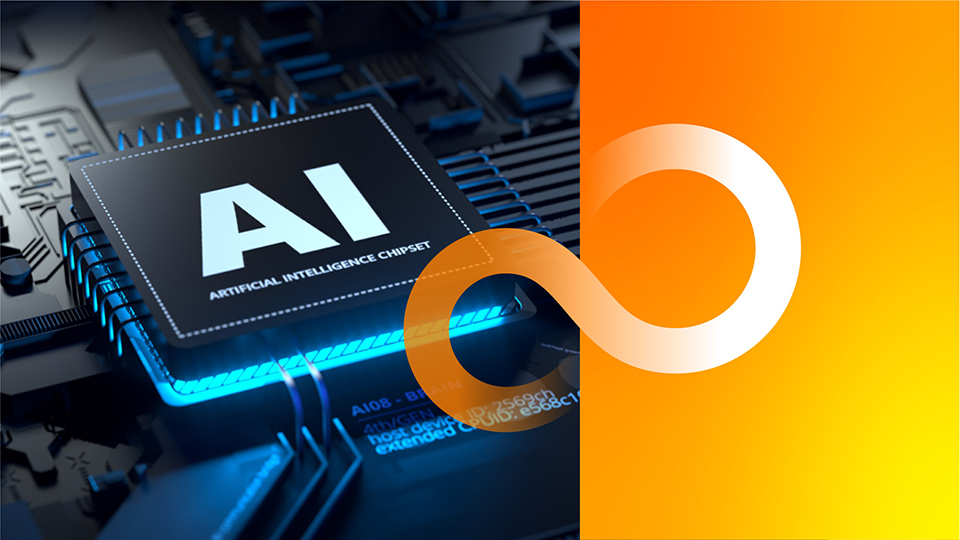The rapid development of AI technology, exemplified by OpenAI's ChatGPT, has raised concerns about the potential societal impacts and ethical implications, highlighting the need for responsible AI development and regulation to mitigate these risks.
The struggle between open-source and proprietary artificial intelligence (AI) systems is intensifying as large language models (LLMs) become a battleground for tech giants like Microsoft and Google, who are defending their proprietary technology against open-source alternatives like ChatGPT from OpenAI; while open-source AI advocates believe it will democratize access to AI tools, analysts express concern that commoditization of LLMs could erode the competitive advantage of proprietary models and impact the return on investment for companies like Microsoft.
Many so-called "open" AI systems are not truly open, as companies fail to provide meaningful access or transparency about their systems, according to a paper by researchers from Carnegie Mellon University, the AI Now Institute, and the Signal Foundation; the authors argue that the term "open" is used for marketing purposes rather than as a technical descriptor, and that large companies leverage their open AI offerings to maintain control over the industry and ecosystem, rather than promoting democratization or a level playing field.
Meta is developing a new, more powerful and open-source AI model to rival OpenAI and plans to train it on their own infrastructure.
OpenAI, a leading startup in artificial intelligence (AI), has established an early lead in the industry with its app ChatGPT and its latest AI model, GPT-4, surpassing competitors and earning revenues at an annualized rate of $1 billion, but it must navigate challenges and adapt to remain at the forefront of the AI market.
Open source and artificial intelligence have a deep connection, as open-source projects and tools have played a crucial role in the development of modern AI, including popular AI generative models like ChatGPT and Llama 2.
OpenAI CEO Sam Altman is navigating the complex landscape of artificial intelligence (AI) development and addressing concerns about its potential risks and ethical implications, as he strives to shape AI technology while considering the values and well-being of humanity.
McKinsey has launched an open-source ecosystem, offering tools such as Vizro and CausalNex to help users visualize data from AI models and build cause-and-effect models, enabling organizations to scale their AI projects and realize value from their AI portfolios more efficiently.
Apple's former VP of Industrial Design, Jony Ive, is collaborating with OpenAI to create an AI-powered hardware that aims to offer a more natural and screenless way of interacting with computers.
OpenAI is partnering with Sir Jony Ive and SoftBank to develop an AI-based hardware device, aiming to create the "iPhone of artificial intelligence" that is intuitive and enhances natural responses, with SoftBank providing $1 billion in funding; the joint venture's goals are still in the preliminary stages and the commercial device may take years to launch.
OpenAI is considering developing its own artificial intelligence chips or acquiring a chip company to address the shortage of expensive AI chips it relies on.
Major AI companies, such as OpenAI and Meta, are developing AI constitutions to establish values and principles that their models can adhere to in order to prevent potential abuses and ensure transparency. These constitutions aim to align AI software to positive traits and allow for accountability and intervention if the models do not follow the established principles.
OpenAI, a well-funded AI startup, is exploring the possibility of developing its own AI chips in response to the shortage of chips for training AI models and the strain on GPU supply caused by the generative AI boom. The company is considering various strategies, including acquiring an AI chip manufacturer or designing chips internally, with the aim of addressing its chip ambitions.
OpenAI is exploring various options, including building its own AI chips and considering an acquisition, to address the shortage of powerful AI chips needed for its programs like the AI chatbot ChatGPT.
OpenAI and Microsoft are reportedly planning to develop their own AI chips in order to reduce their reliance on third-party resources, joining the likes of Nvidia, AMD, Intel, Google, and Amazon in the booming AI chip market.
OpenAI is reportedly exploring the development of its own AI chips, possibly through acquisition, in order to address concerns about speed and reliability and reduce costs.
Meta's open-source AI model, Llama 2, has gained popularity among developers, although concerns have been raised about the potential misuse of its powerful capabilities, as Meta CEO Mark Zuckerberg took a risk by making the model open-source.
